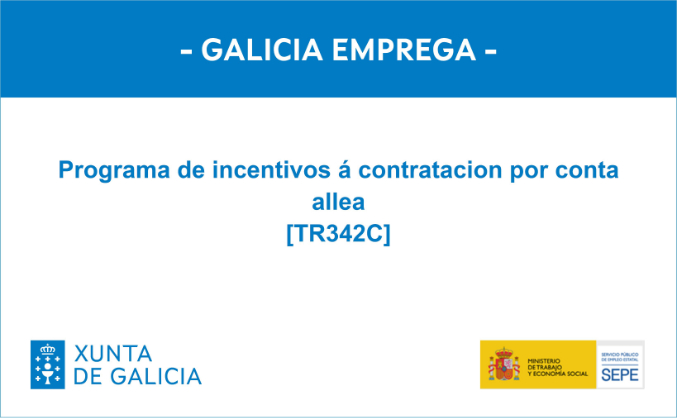Multicurrency mortgages—most commonly in Japanese yen or Swiss francs—were marketed by banks, particularly between 2006 and 2008, as safe products. In reality, they concealed a devastating exchange rate risk for borrowers.
If you signed one of these mortgages, Rúa Abogados can help you recover the excess amounts you paid. Many affected individuals trust our experience in defending their rights.
It is a loan that is repaid in a currency other than the euro (usually Japanese yen or Swiss francs). It is typically linked to indexes such as LIBOR, which initially offered lower interest rates, but exposes the borrower to exchange rate fluctuations that can increase both monthly installments and the outstanding principal.
In addition to the variable interest risk inherent in any mortgage, there is an exchange rate risk: if the euro devalues against the foreign currency (yen, Swiss franc, etc.), both your monthly payments and the outstanding balance rise. This can result in owing more than the original loan amount, even after years of repayments.
Yes, you may convert it into euros, although this entails costs: the bank will apply a currency exchange commission. The conversion will also consolidate any accumulated exchange rate losses (or gains).
It is very simple. At Rúa Abogados we are highly experienced in defending complex financial products. Contact us for a free, no-obligation review of your case.
Both the Spanish Supreme Court and the Court of Justice of the EU have declared multicurrency clauses null when banks failed to clearly explain the exchange rate risks (i.e., how currency fluctuations could affect both the installments and outstanding principal). In such cases, contracts are recalculated as if they had always been denominated in euros, and the borrower is entitled to reimbursement of undue interest and fees.
O Carballiño

This website uses its own and third-party cookies to obtain statistics on user browsing habits, improve your experience, and allow you to share content on social networks. You can accept or reject cookies, as well as customize which ones you disable.